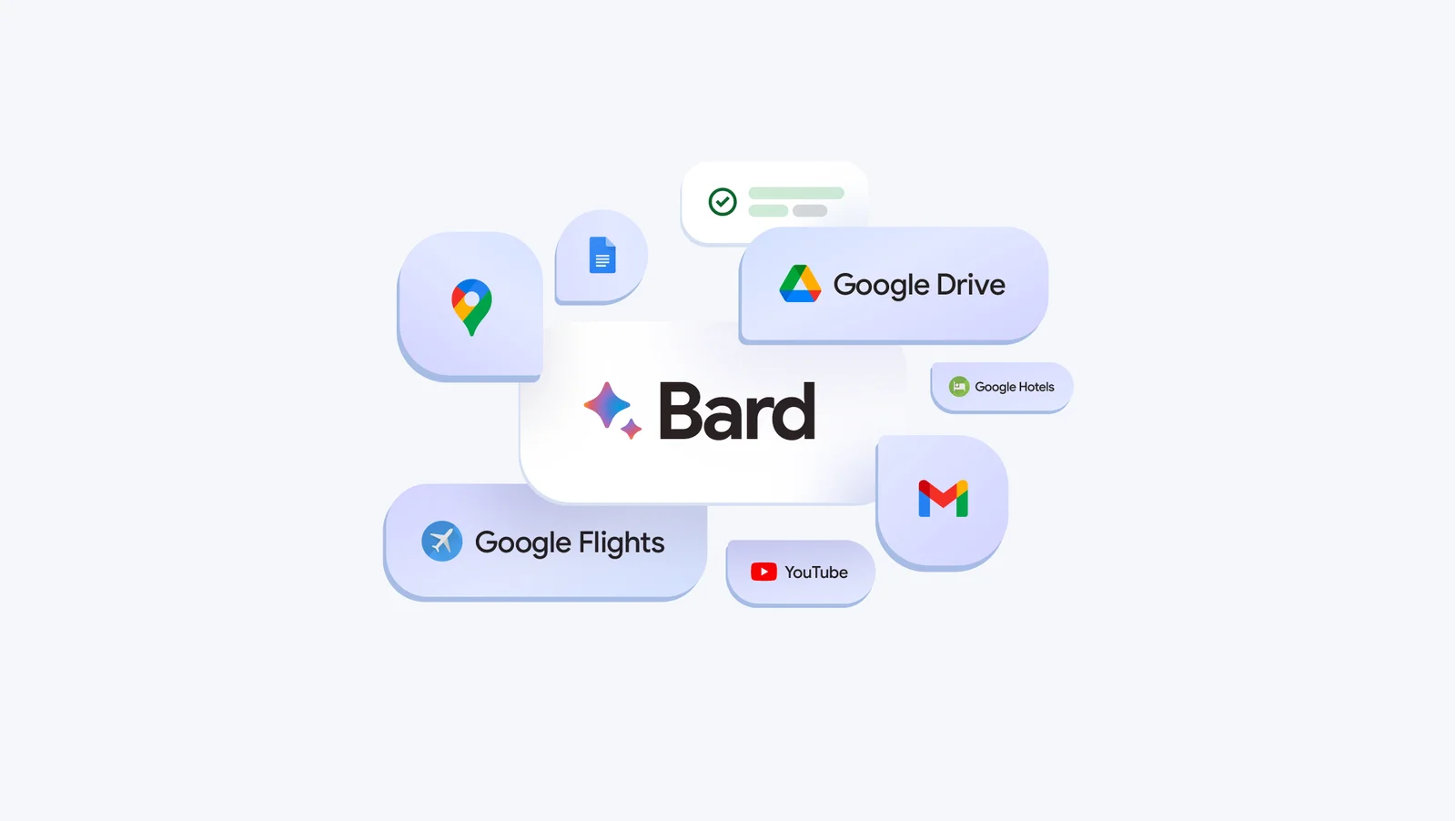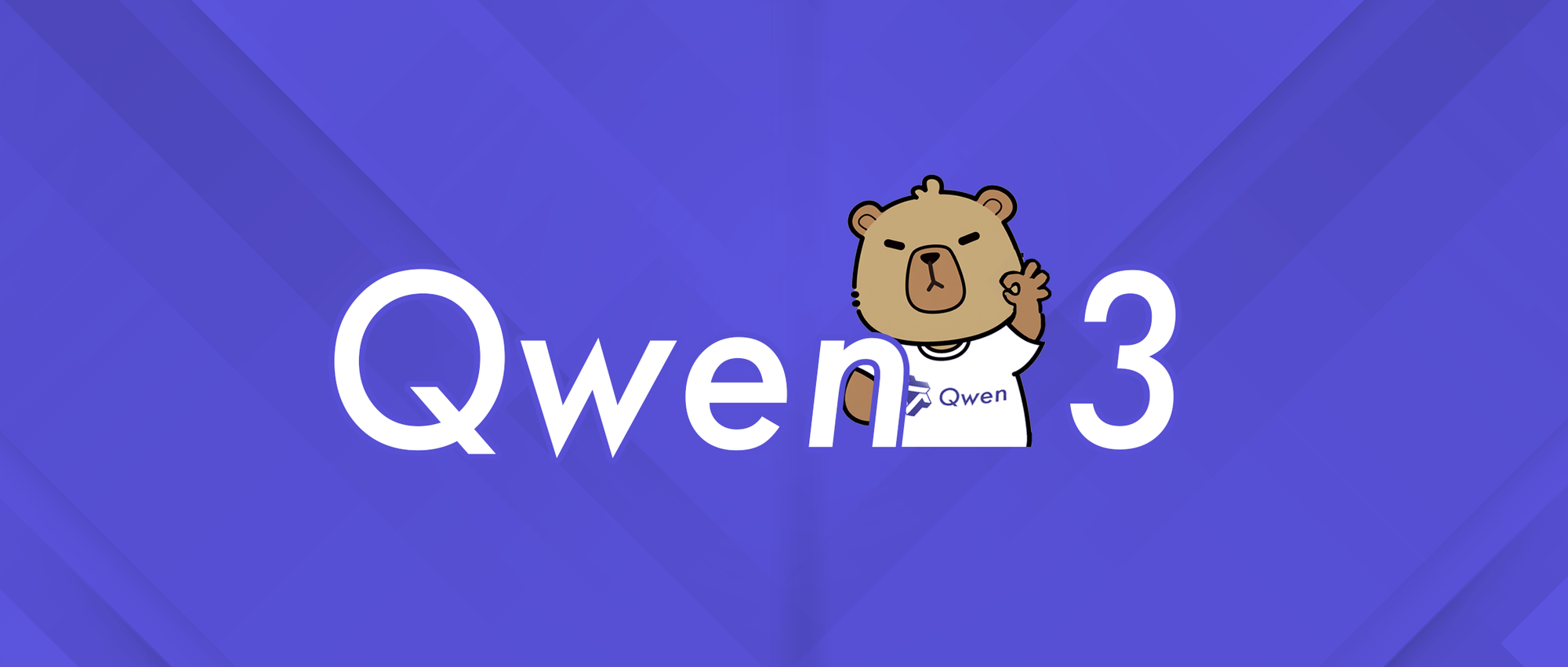Google announced some exciting features coming with Bard’s most recent iteration, such as Extensions, improvements to its ‘Google it’ function, and the possibility of building on publicly shared conversations with Bard.
Bard Extensions strives to integrate Bard more smoothly into the Google ecosystem. Users opting in to try Extensions can get Bard to assist them in several tasks, like retrieving information from several Google apps in a single conversation. For instance, when planning a family vacation, you can start a single conversation with Bard to get it to pull dates marked as available by every family member in their Calendars, search for flights and hotels within that date range, and even find videos in YouTube with recommended activities to try in the destination. Bard can also retrieve files from Drive and analyze text to help you with any future projects you have.
What is especially attractive about this new feature is that Google has made it so that the information Bard pulls from a user's app is not seen by human reviewers, nor is it used for advertisement or model training purposes. Extensions has built-in modifiable privacy settings and the tool can be turned off altogether whenever users decide.
English conversations with Bard can now be double-checked using Bard’s ‘Google it’ button. Whenever it’s asked to, Bard will read its response to a query and perform a Google search to provide information available online to substantiate its reply. Whenever Bard’s statements can be corroborated or contradicted by other information, they will be highlighted, allowing users to learn more about the supporting or contradicting evidence found through Google Search.
Finally, English conversations shared through public links can be continued by users on the receiving end, either by staying on topic or taking an entirely new direction.
A limitation on these three features is that they are currently available exclusively for English language conversations, as this update is just now expanding access to already available functions —such as uploading images with Lens, getting Search images in responses, and modifying Bard’s responses—- for conversations in over 40 different languages. However, it is clear that Google has big plans for the future, and if this is what was made possible by PaLM 2’s latest iteration, then this may be an indication that the best is yet to come.






Comments